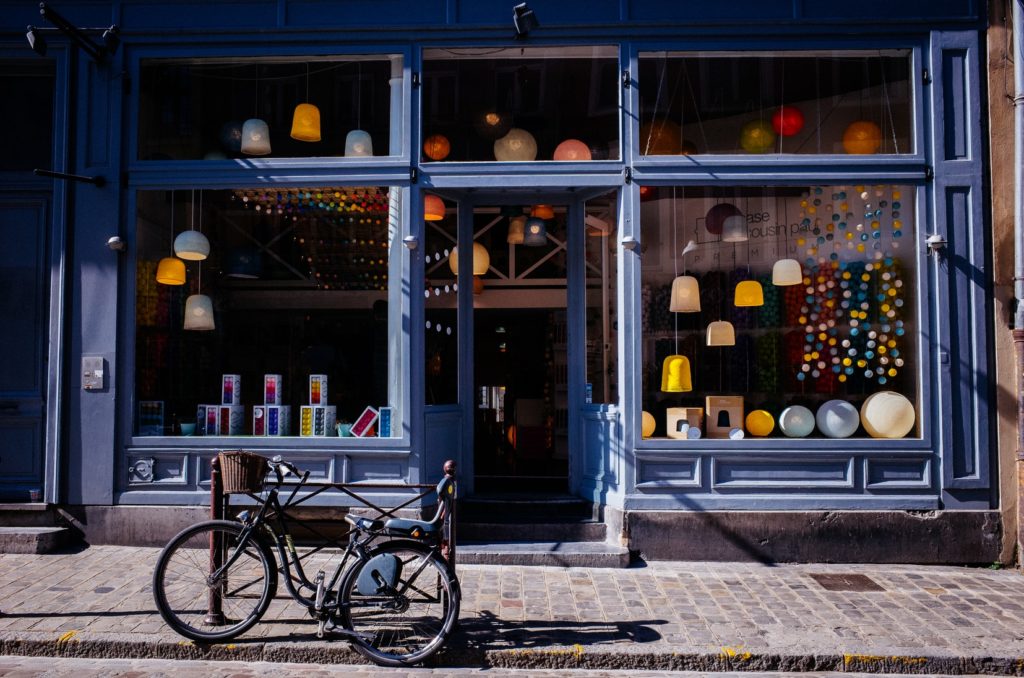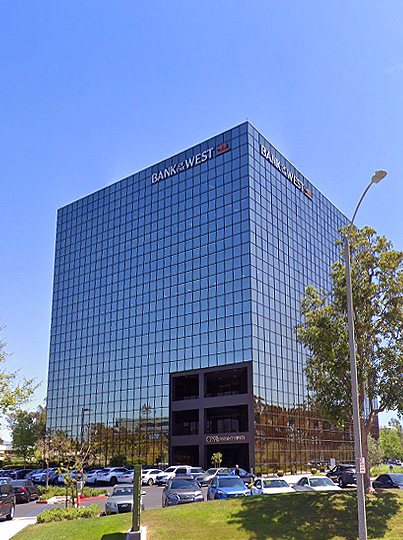Are Owners Liable for Falls Outside a Store?

Victims of falls are often quick to dismiss their injuries, often citing clumsiness or carelessness as the primary cause, even when the accident occurred at a place of business. However, store owners are required to protect their customers from safety hazards, whether they are wet floors or loose carpet. If the property owner failed to clean up a safety hazard in a timely manner, you may be able to pursue a claim for damages, especially if you suffered a catastrophic injury.
But many victims may also not know that they can file claims even if their fall occurred outside the store.
Dangers Outside a Store
A slip and fall accident is often the result of a safety hazard that a property owner failed to properly fix, traditionally attributed to a lack of wet floor signs, tripping hazards like loose cables, and unsecure carpets. However, these responsibilities can extend to the exterior of a store as well.
If a property owner fails to maintain the exterior of a store, customers and guests can become injured by slipping or tripping hazards like:
- Wet walkways
- Sandy paths
- Overturned rugs outside a door
- Cracks in a sidewalk
- Loose gravel
- Poorly lit alleyways, stairwells, and paths
Any one of these conditions can result in a serious slip and fall accident which can lead to head trauma, spinal cord damage, and severe fractures. Recovering from these injuries can be extremely difficult if you do not have a sizable insurance policy to fall back on. However, as these conditions are often caused by negligent property owners, you may be able to pursue a claim against several liable parties.
Potential Liable Parties
When evaluating your case, it is important to note the exact area where your injuries occurred, as they may influence who is responsible for the safety hazard. In some instances, the property owner’s responsibility is limited by an exact property line, oftentimes ending at a public sidewalk, but that responsibility can reach as far as a parking lot, private pathway, and alleyways.
However, it is important to understand the clear distinction between public and private property. Public property can apply to any area where the control and maintenance of the property is the responsibility of a government agency. This is often attributed to sidewalks, roads, parks, and government buildings, such as libraries and police departments. In contrast, private property is owned by a private business that has clear rules on who can enter the property. Generally, all shops and stores are private businesses. Both are expected to maximize the safety of guests and customers, but the process is very different.
If a property owner, whether they are a government agency or private company, knew about a safety hazard and failed to fix it or properly warn guests and customers, then they could be found liable for any injuries sustained due to the hazard. For private business, this would include a premises liability claim against the business’s liability insurance policy. Even in accidents at malls, the specific store or the owner of the mall can be found liable in a claim for damages.
In contrast, falls on public property require a tort claim, which has strict requirements and deadlines. Victims of negligent store owners have up to two years to file a premises liability claim, but that deadline is shortened to six months for accidents on public property.
In both instances, you will want to contact an experienced Orange County personal injury attorney to have your case reviewed. Slip and fall accidents require a clear understanding of who owned the property and who was responsible for your injuries. You do not want to risk filing a claim with the wrong business or owner, thus wasting valuable time and resources.
At Allen Flatt Ballidis & Leslie, our legal team has more than 45 years of experience advocating for Orange County residents in accident claims and can properly evaluate who was at fault for your injuries. In addition, we offer every potential client a free consultation to discuss your claim and work on a contingency fee basis, meaning you do not owe us a dime unless we win your case. To learn how we can represent you in a slip and fall accident, contact us at (949) 752-7474.
Even if you aren't sure you have a case, give us a call at (888) 752-7474, or fill out our Free Case Review below.
We are here to help.
 RSS
RSS


